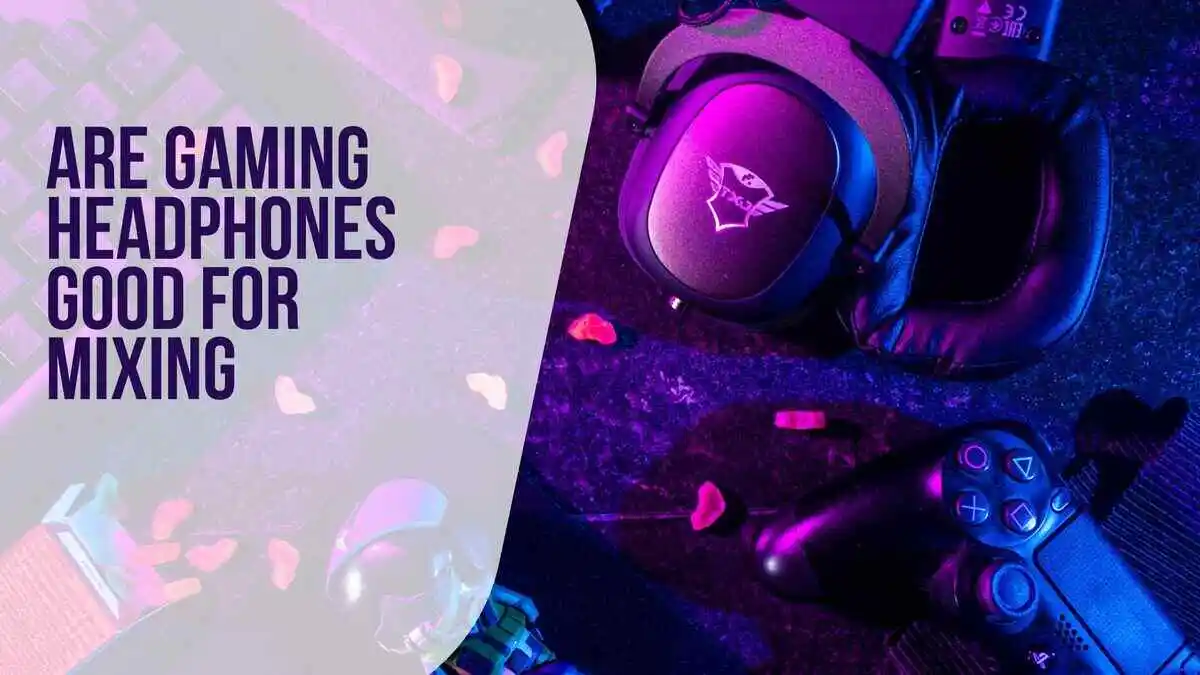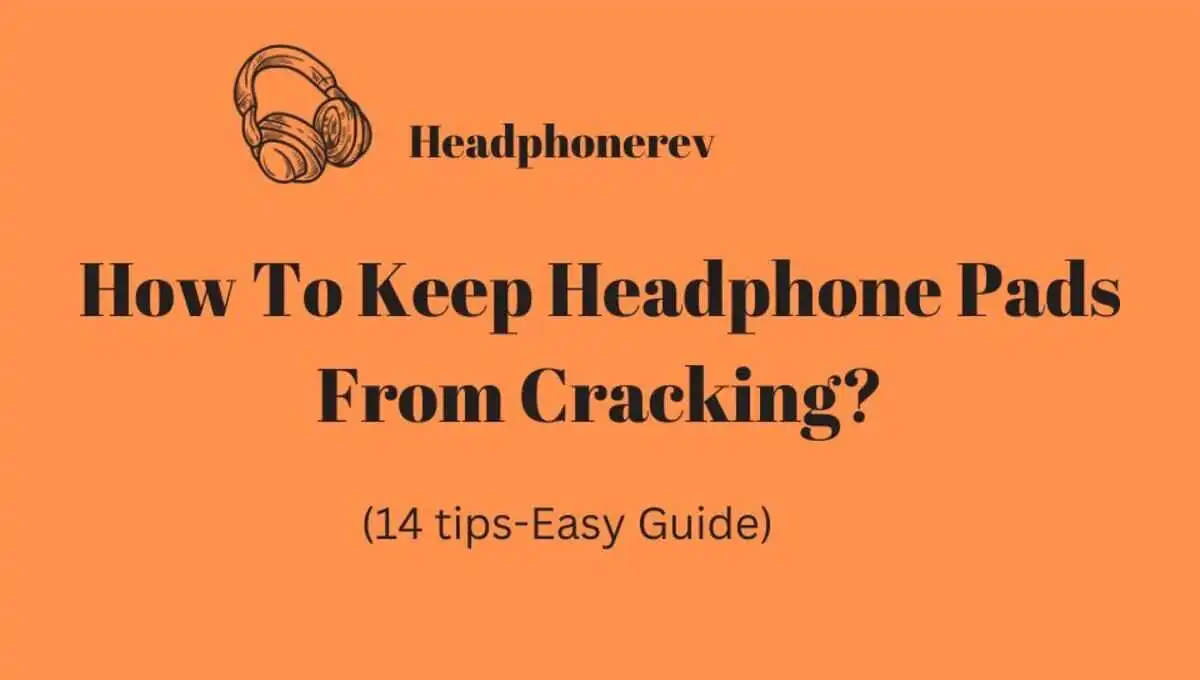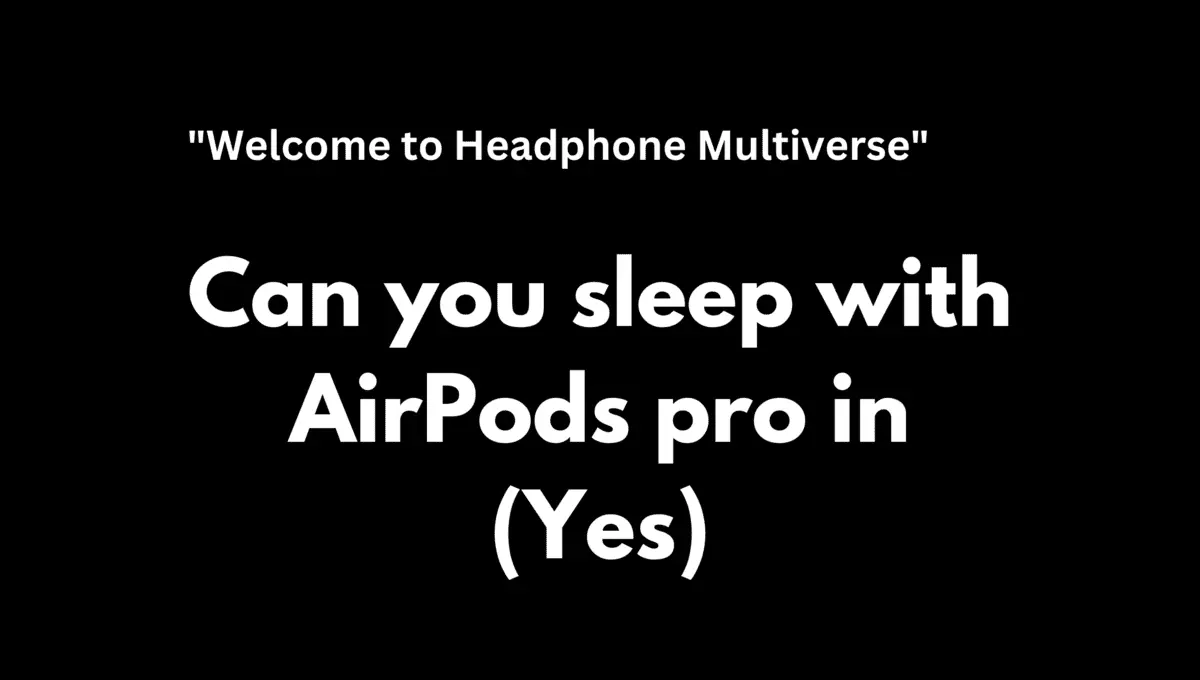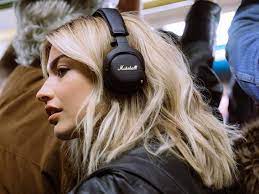When it comes to audio mixing, having the right tools can make a world of difference in achieving a professional and balanced sound. While dedicated studio headphones are often the go-to choice for audio engineers and producers, the question arises: can gaming headphones serve as a viable alternative for mixing purposes?
In this article, we’ll delve into are gaming headphones good for mixing and explore if not then why not?
Are Gaming Headphones Good for Mixing?
Gaming headphones can be comfortable and cost-effective, but they often lack the accuracy and flat frequency response needed for precise audio mixing. They may emphasize bass and have wide soundstages, affecting mixing decisions.
While gaming headsets have their merits in gaming and general entertainment, they lack the precision and accuracy required for professional audio mixing.
What Would be Best for Mixing?
For accurate mixing decisions that translate well across devices, dedicated studio headphones with a flat frequency response and reliable stereo imaging remain the superior choice. Or you need disco headsets or for metal music or headphones used by Dj’s.
You can buy more according to your choise from Here and Here.
Best gaming headphones for Mixing:
Only following headphones are in top choice for mixing:
- Beyerdynamic DT 880 Pro
- Audio-Technica ATH-M50
- AKG K701/K702
- Sony MDR-7506
Why Gaming Headsets Aren’t Ideal for Mixing
Gaming headsets, while impressive for their immersive audio and comfort, fall short when it comes to precise audio mixing.
Here’s why they aren’t the best choice for this critical task:
1. Sound Accuracy:
Gaming headsets often prioritize a captivating audio experience over accuracy. This means they might exaggerate certain frequencies, particularly bass, leading to an imbalanced representation of sound.
In audio mixing, a flat frequency response is crucial to make accurate decisions about levels and tonal balance.
2. Enhanced Bass:
Many gaming headsets are engineered to produce powerful bass, which can be appealing for gaming and entertainment.
However, this emphasis on bass can cloud your judgment while mixing, resulting in mixes that sound bass-heavy when played on other devices.
3. Soundstage:
Gaming headsets often create a wide soundstage for an immersive gaming experience.
While this enhances gameplay, it can negatively impact audio mixing. Mixing relies on precise stereo imaging and localization, which can be distorted by an artificially broad soundstage.
4. Inaccurate Stereo Imaging:
Accurate stereo imaging is essential in mixing to place sound elements in the right positions within the audio field.
Gaming headsets' expansive soundstage can misrepresent stereo placement, leading to inaccurate mixing decisions.
5. Lack of Detail:
Studio headphones are designed to reveal even the smallest sonic details, crucial for making informed mixing choices.
Gaming headsets may sacrifice this level of detail for a more enjoyable listening experience, making it challenging to fine-tune your mix.
6. Durability and Build Quality:
While comfort is a priority for gaming headsets, they might compromise on durability and build quality.
Studio environments demand headphones that can withstand frequent use and potential wear and tear, something gaming headsets might struggle with.
7. Unpredictable Playback on Different Systems:
The goal of mixing is to create tracks that sound great on various playback systems.
Gaming headsets, with their tailored audio profiles, can’t replicate the variety of listening conditions studio headphones can handle, potentially leading to mixes that don’t translate well.
Conclusion:
In the realm of audio mixing, precision and accuracy are paramount. While gaming headphones have come a long way in terms of sound quality and comfort, they may not always provide the level of accuracy required for critical mixing tasks.
Studio headphones still hold the upper hand when it comes to delivering a flat frequency response and accurate representation of sound.





